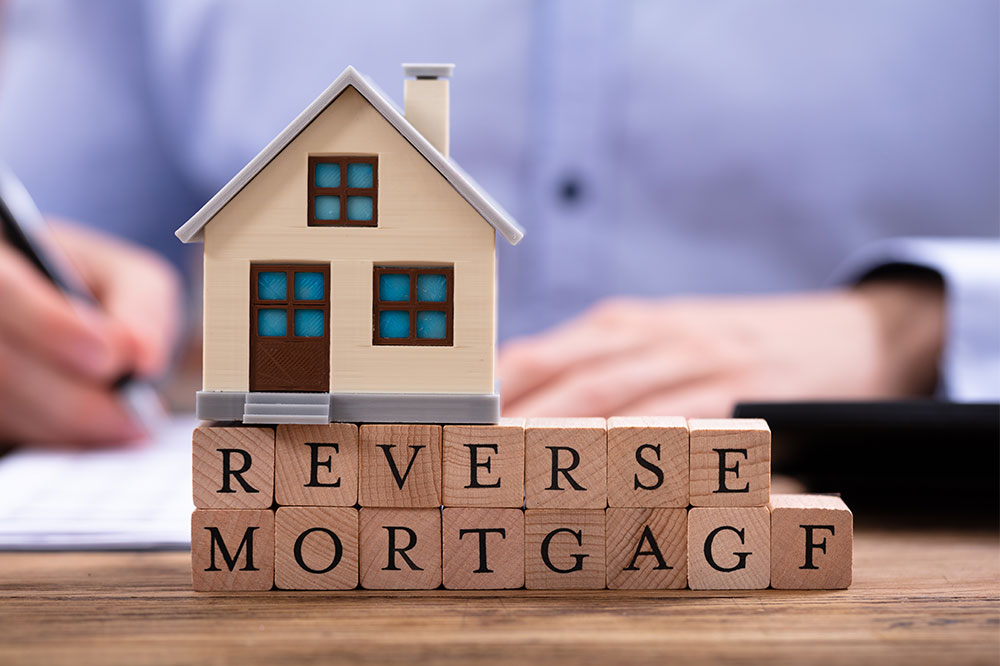
Appliances
Hot deals on washing machines to look out for on Cyber Monday 2022
The holiday seasons are the fascinating time of the year when you cheer with friends & family while preparing for the festival sales. Cyber Monday offers exciting discounts on your desired devices, from electronics to kitchen appliances, fashion apparel, and furniture. Gear up as promo code prices will drop heavily ahead of the holidays. With Cyber Monday just a few months away, you can prepare yourselves for the hot deals on products listed below. Whirlpool WED4815EW This technologically advanced electric dryer is equipped with an auto-dry drying system that stops the drying cycle as soon as your clothes properly dry. You can expect to get the dryer for $549 or lower against the initial price of $699. Samsung WF45T6000AW This high-efficiency stackable front-load washer comes with a 4.5 cu ft capacity to cut down washing time, and the vibration reduction technology reduces noises, self-clean + eliminates 99% of bacteria. The original Washer costs $949, but it can go on sale for around $700. Samsung WA50R5200AW This high-efficiency impeller top-load washer features an active water jet with a built-in water faucet for easy pretreating of stained clothes and easy access to the bottom of the tub, self-clean to keep the washer tub fresh and clean.













